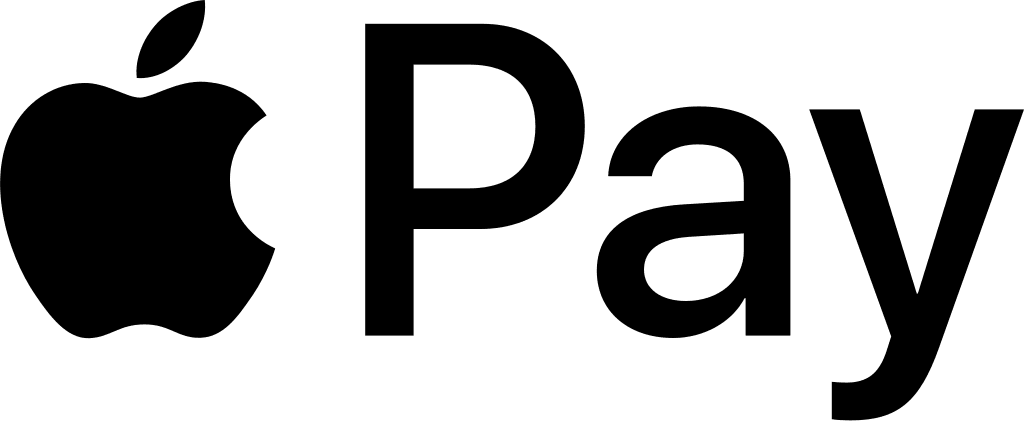
For a long time, the iPhone’s NFC functionality was limited to Apple’s own Apple Pay for near-field communication payments. This restriction led to multiple complaints against Apple in the European Union, culminating in the company’s decision, under the pressure of the EU Digital Markets Act, to open up the NFC feature to EU financial institutions and banks to address the monopoly concerns surrounding Apple Pay.
However, Apple seems to have decided that if they are opening NFC in the EU, they might as well extend this openness to other regions. Consequently, today, Apple announced that the iPhone’s NFC chip will be unlocked in most markets, with the initial rollout including Australia, Brazil, Canada, Japan, New Zealand, the United Kingdom, and the United States.
With the NFC chip unlocked, it will no longer be restricted to electronic payments but will enable the iPhone to integrate various electronic data, such as functioning as a car key, student ID, access card, ticket, employee badge, transit pass, hotel key, and more. These capabilities will be available to developers in iOS 18.1.
“Starting with iOS 18.1, developers will be able to offer NFC contactless transactions using the Secure Element from within their own apps on iPhone, separate from Apple Pay and Apple Wallet. Using the new NFC and SE (Secure Element) APIs, developers will be able to offer in-app contactless transactions for in-store payments, car keys, closed-loop transit, corporate badges, student IDs, home keys, hotel keys, merchant loyalty and rewards cards, and event tickets, with government IDs to be supported in the future.”
In practical use, users will be able to designate third-party apps as the default contactless transaction app in iPhone settings, bypassing Apple Wallet.
For developers, applying for access to the NFC and SE APIs requires signing a specific commercial agreement, which also entails paying relevant fees to Apple. However, Apple has not yet disclosed the detailed fee structure.
Ultimately, this feature is expected to be gradually supported in most markets worldwide, and it is anticipated that third-party developers will launch apps capable of integrating multiple cards, making the user experience even more convenient.
Related Posts:
- Microsoft submits patent for the new NFC standard on Windows 10 devices
- Apple Confirmed that All Mac and iOS Devices Are Affected by Chip Vulnerability
- Facebook plans to develop its own chip